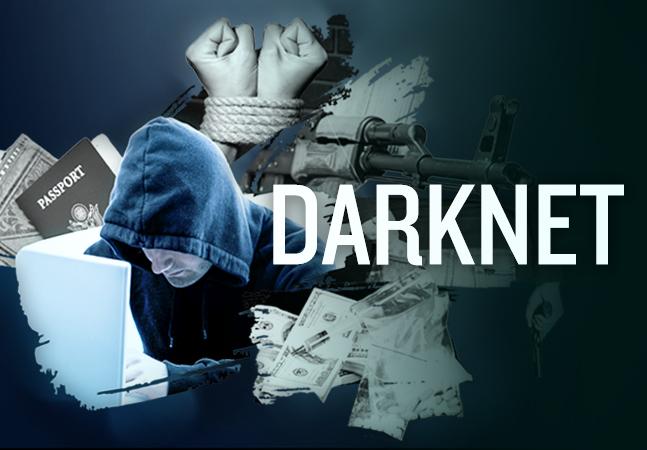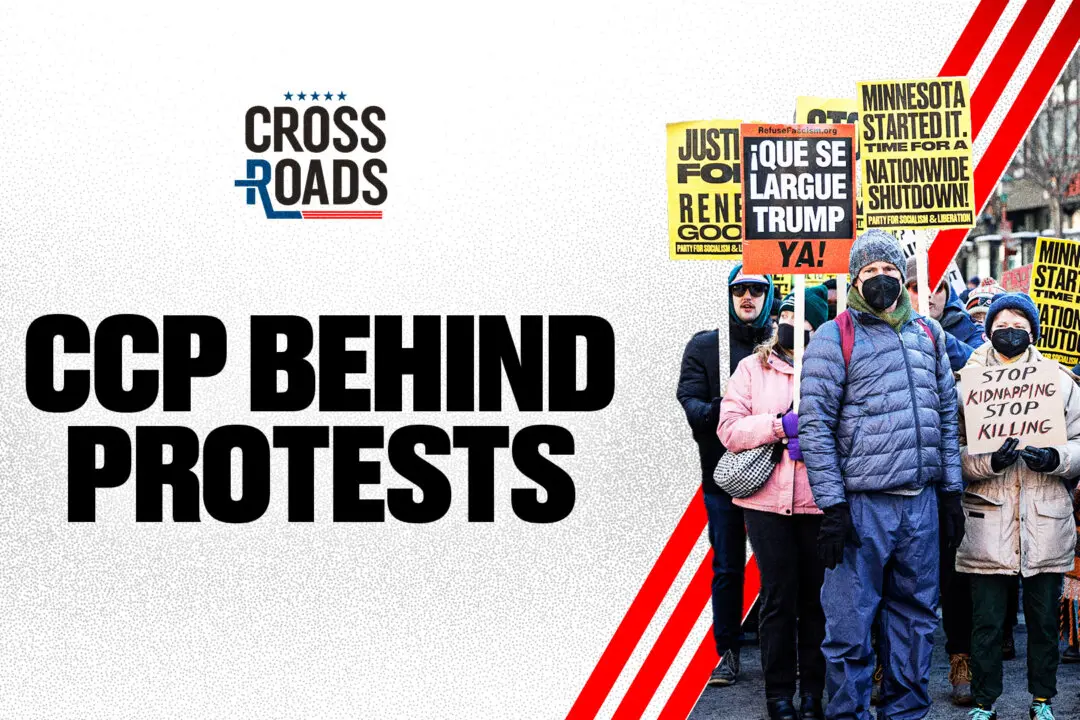The Darknet is a place where human life has a $10,000 price tag. It’s a place where killers-for-hire advertise their “lack of empathy,” drug dealers openly sell their goods, and where cybercriminals pawn off stolen credit cards. It’s a place where the human slave trade never ended, where terrorists raise money, and it’s a place that law enforcement has trouble making any significant impact.
Yet, all of this could soon change. As terrorist organizations and criminal networks move to the Darknet, U.S. law enforcement, intelligence agencies, and private security companies are shifting their focus to the Internet’s underbelly.
The Pentagon and NASA are developing technology to search and index the Darknet, intelligence agencies are looking to the Darknet to fight terrorism, law enforcement agencies are going there to fight drug trafficking, and cybersecurity companies are turning their sights on the Darknet to stop cybercrime at its marketplace.
The timing couldn’t be more important. Just as the Internet gives legitimate business access to the global market, the Darknet has given criminals access to the global black market.
Terrorist organizations including ISIS are using the Darknet to accept donations, recruit fighters, and allegedly to plan attacks. Cybercriminals use the Darknet to market stolen credit cards and bank accounts, and make their actions profitable.
Deep Web
There are two sides to the Internet. The one most of us are familiar with is called the “Clearnet” or the “Surface Net.” It’s the Internet searched and indexed by services like Google, Yahoo, and Bing. It also only sees about 4 percent of the Internet’s actual use, and is really only the tip of the iceberg.






